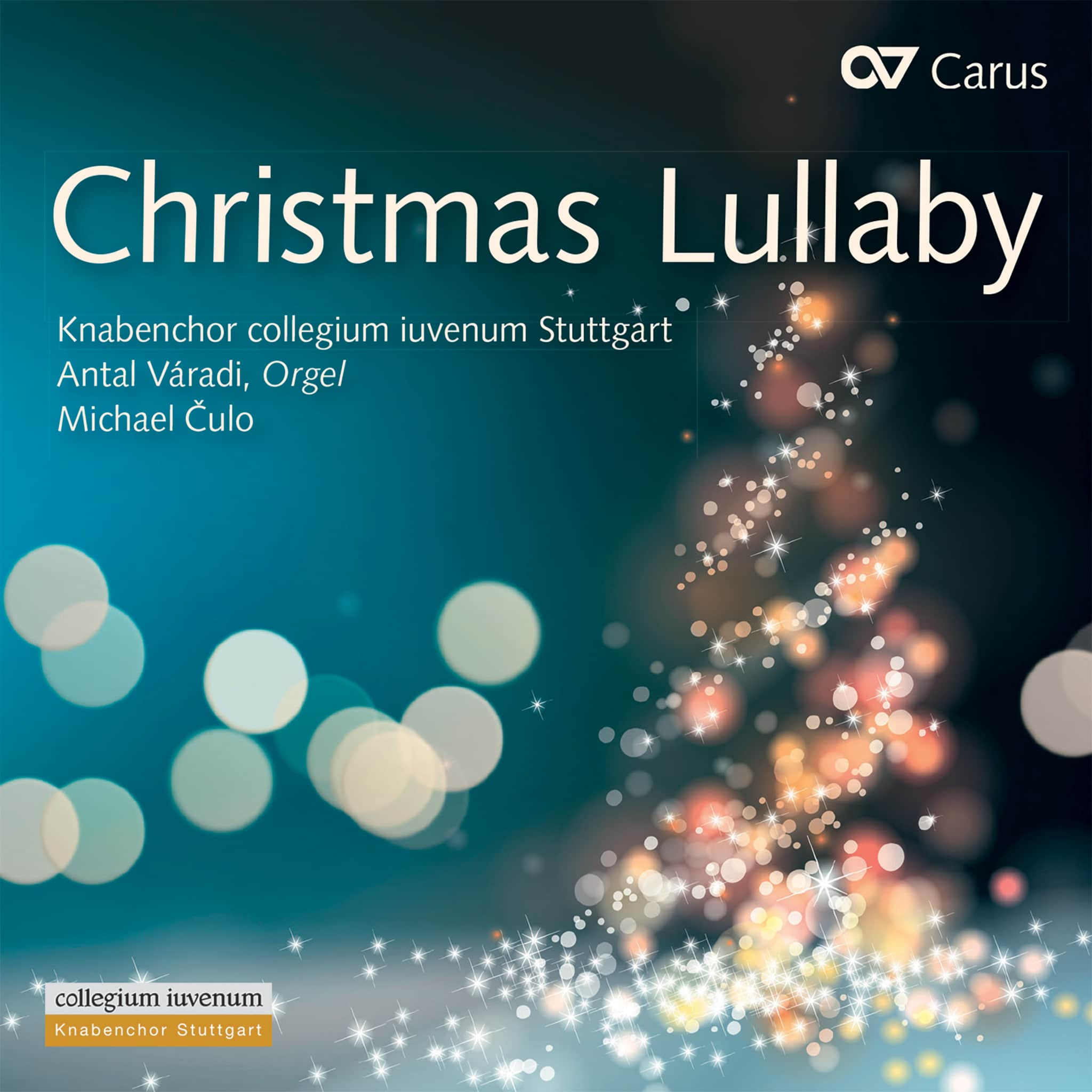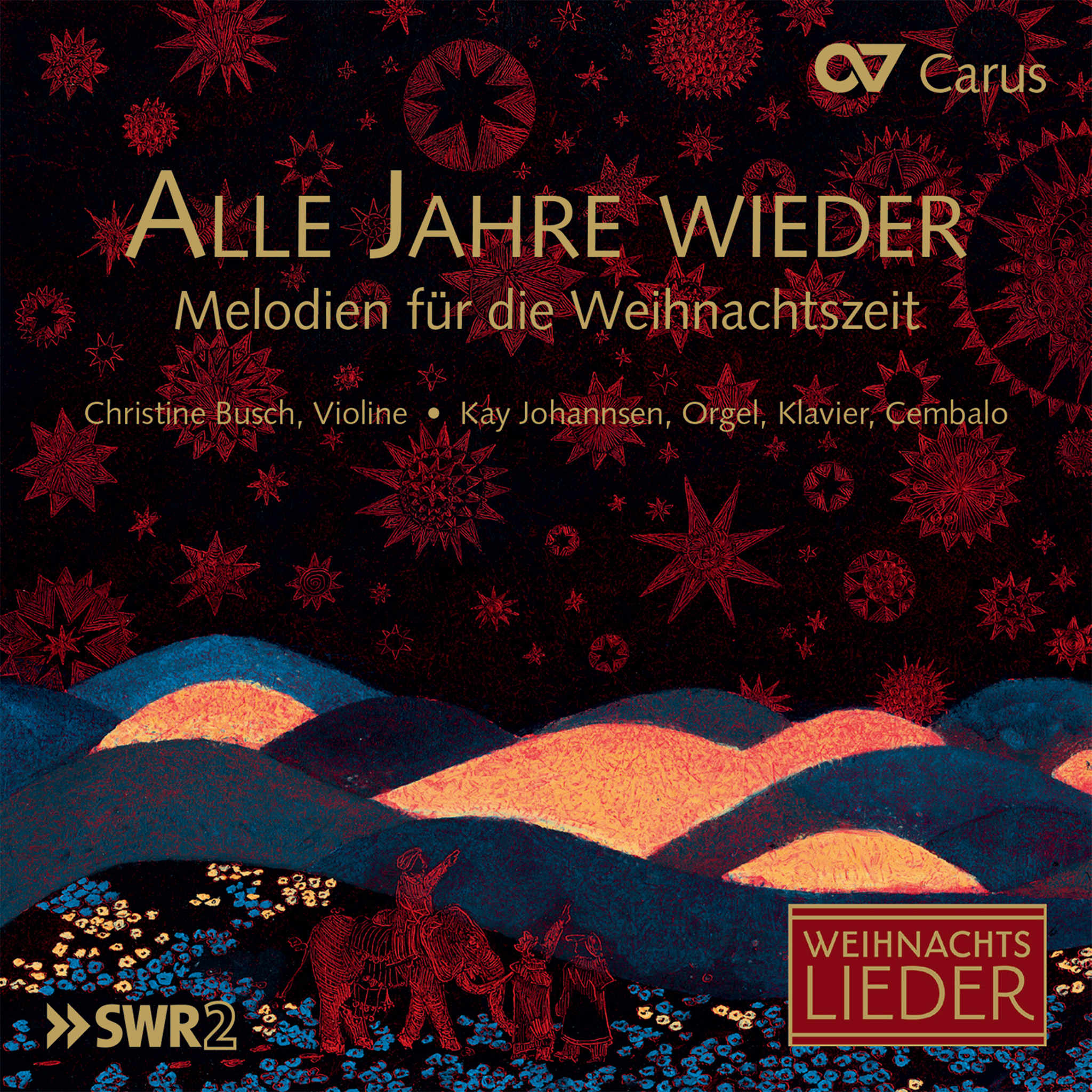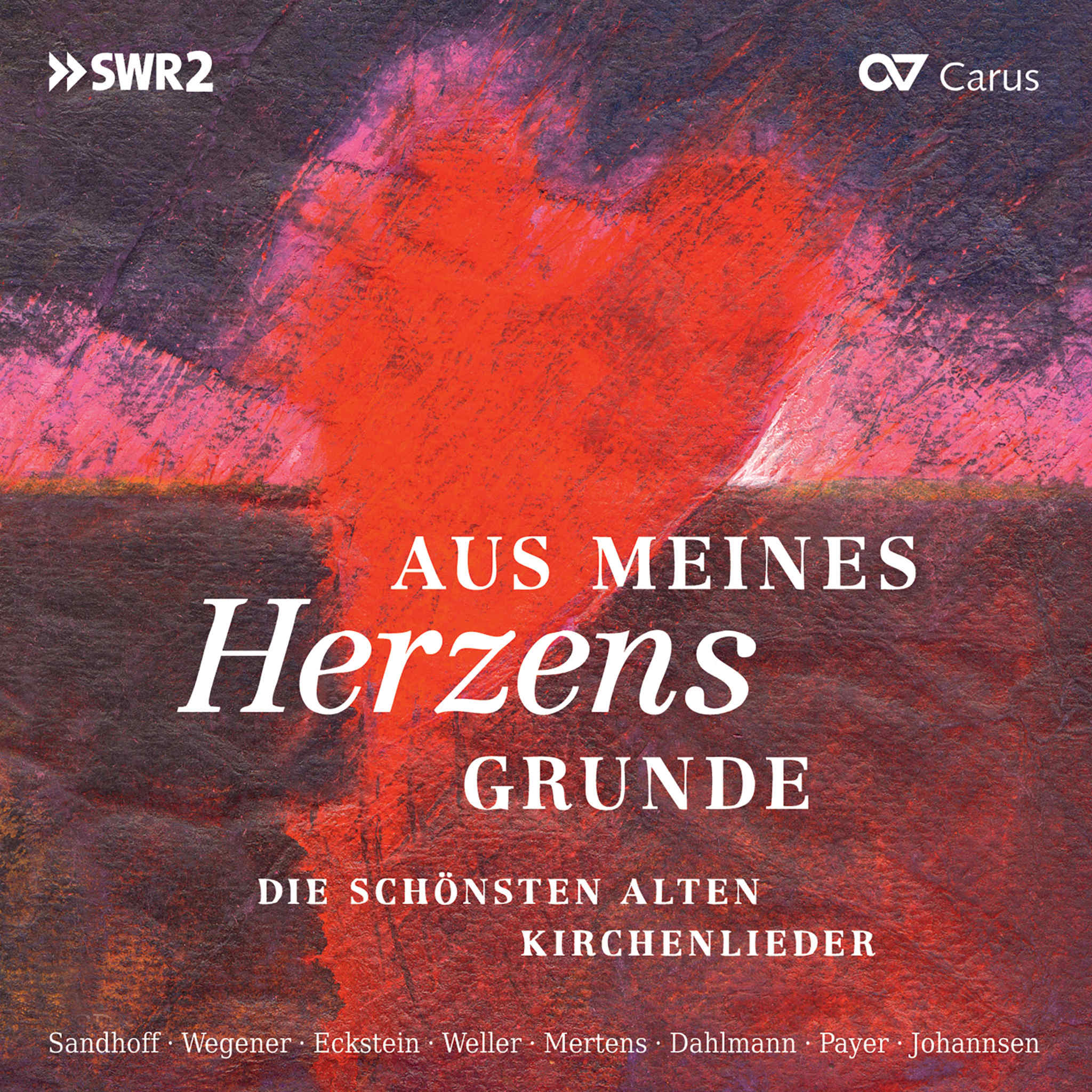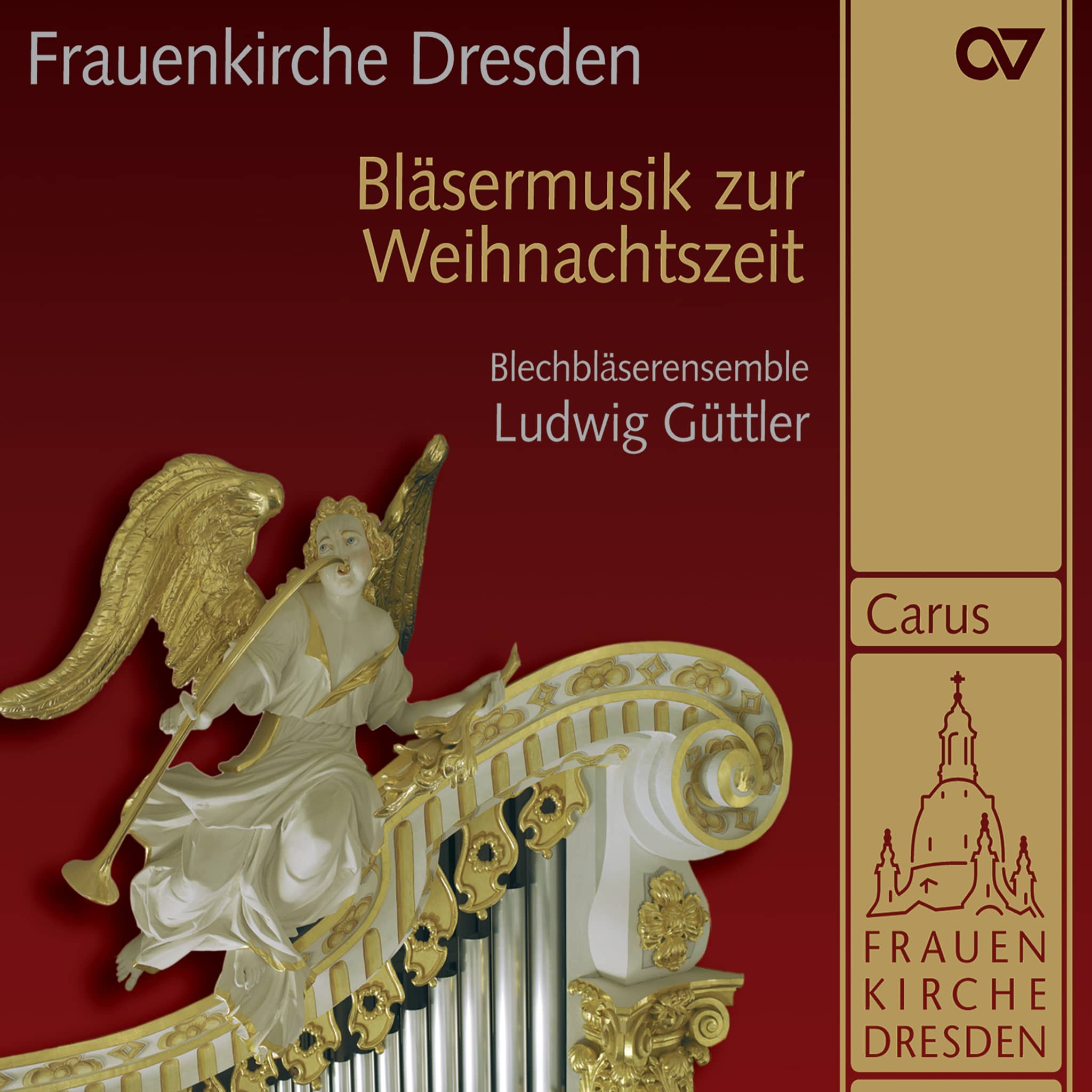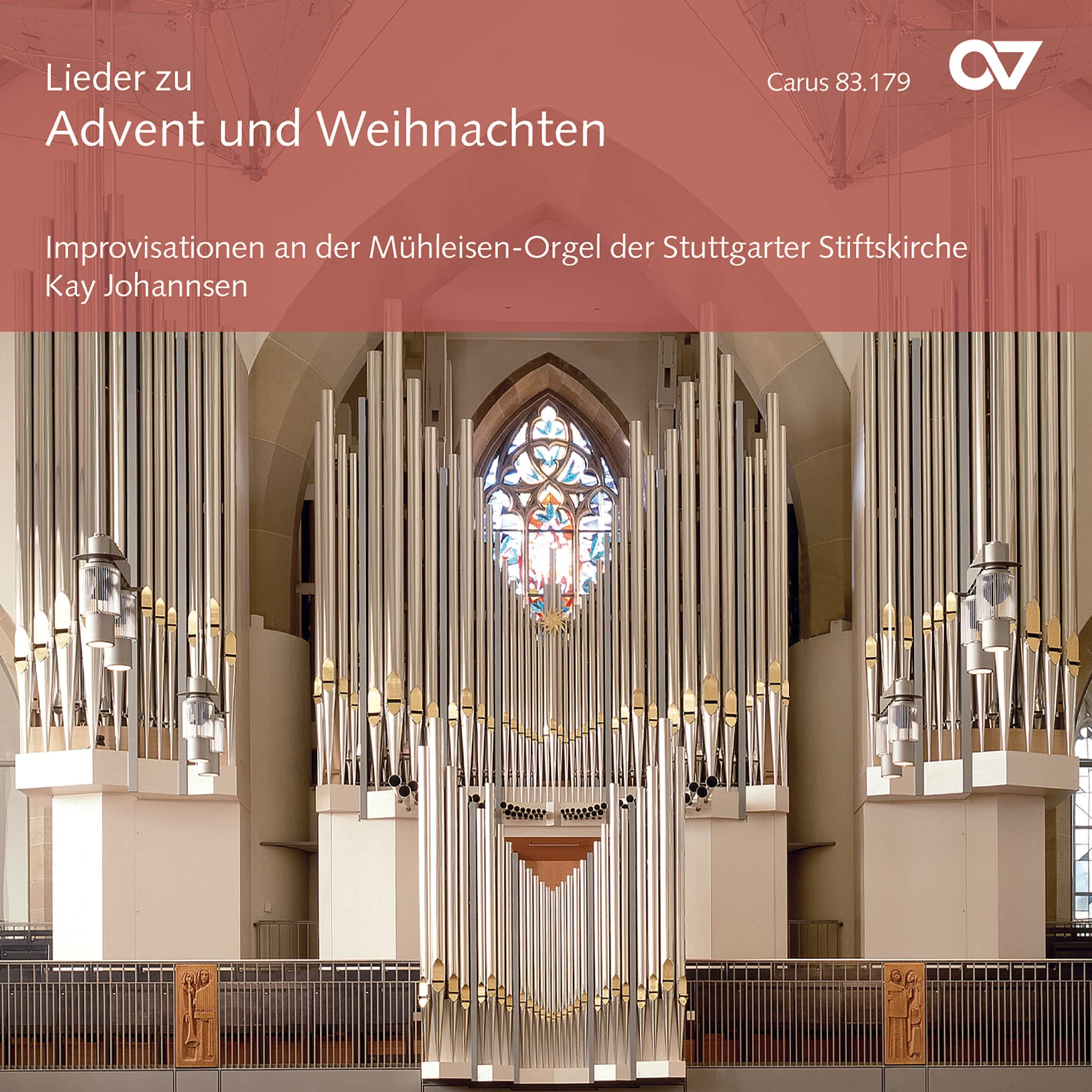Entdecken Sie die unvergleichlichen Talente von Johann Crüger mit STAGE+
Johann Crüger, ein renommierter deutscher Komponist des 17. Jahrhunderts, ist vor allem für seine bedeutenden Beiträge zur protestantischen Kirchenmusik bekannt. Seine melodischen Choräle klingen durch die Jahrhunderte, strahlen eine kraftvolle Aura von Spiritualität und Hingabe aus und werden bis heute gesungen und gefeiert. Ein solches Meisterwerk, das in seiner fesselnden Sammlung herausragt, ist das englische Hymnus Nr. 3 – „Hills of the North, Rejoice“.
Crügers musikalische Reise
Dieser Choral, Teil einer Anthologie, die auf die Jahreszeiten im Kirchenjahr anspielt, ist ein Beweis für Crügers tiefes Verständnis des Evangeliums und seine außergewöhnliche Fähigkeit, diese Weisheit in Musik zu übersetzen. Crügers Kompositionen sind geprägt von reicher Harmonie und vereinen traditionelle liturgische Stile mit seinem unverwechselbaren kreativen Ansatz.
Crügers Werke heute erleben
Erleben Sie diese göttliche Erzählung neu interpretiert von zeitgenössischen Künstlern wie Rupert Gough, dem Wells Cathedral Choir und Malcolm Archer. Mit ihren Aufführungen fangen sie Crügers musikalische Reise perfekt ein und erwecken seine klanggewaltigen Werke zum Leben.
Der bleibende Einfluss Johann Crügers
Obwohl seit der Entstehung von Johann Crügers Chorälen Jahrhunderte vergangen sind, bleiben der Einfluss und die Inspiration seiner kraftvollen Werke eindeutig und dauerhaft erhalten. Begleiten Sie STAGE+ auf der Entdeckungsreise durch die fesselnden Kompositionen des Meister-Hymnendichters Johann Crüger.
